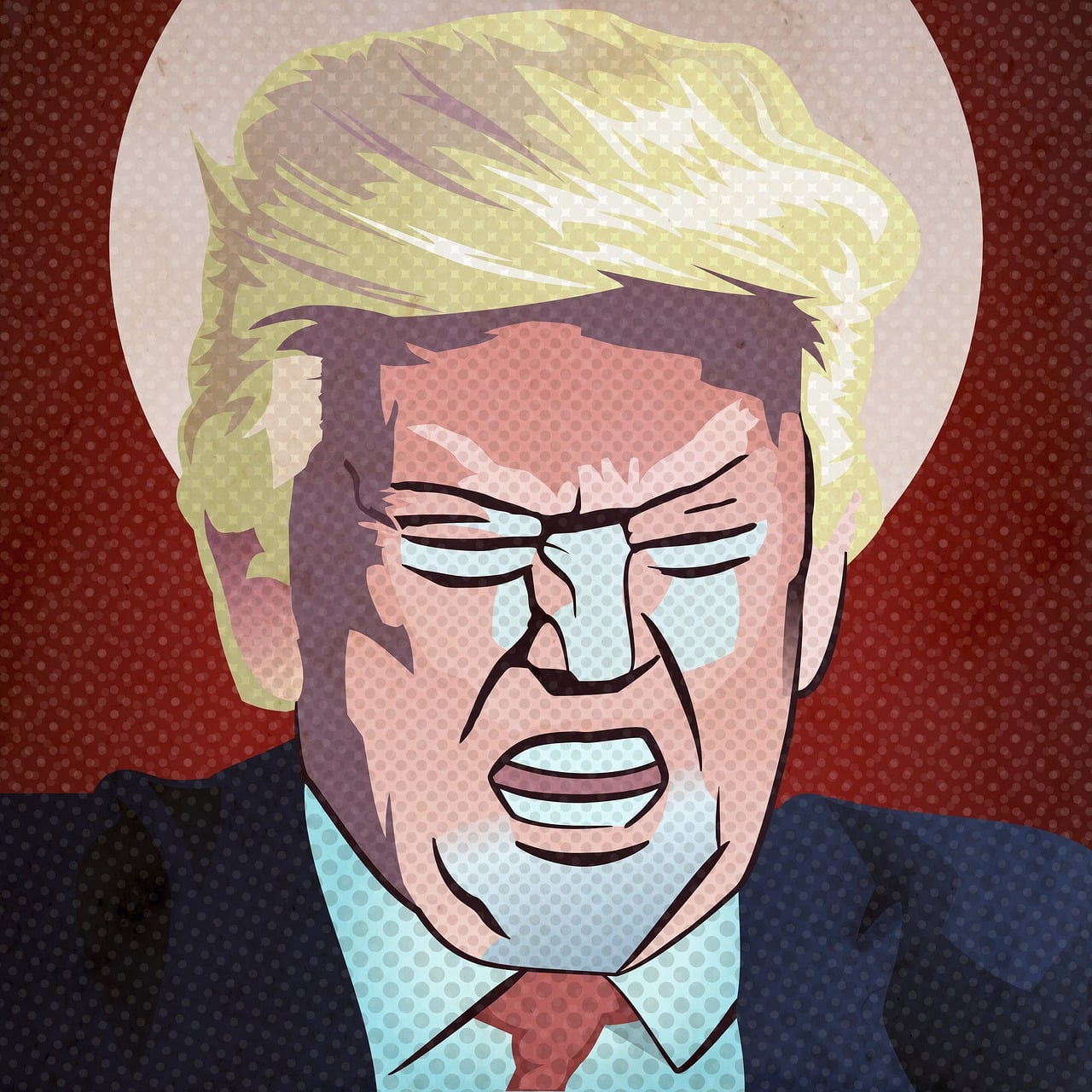In the wake of raids which seized many probably incriminating records from President Donald Trump’s personal attorney, many legal experts are now suggesting that the president is at far greater risk from actions he took before taking office – now the subject of a new FBI probe operating out of the New York office – than from any actions taken after he become president.
For example, as the New York Times noted in a piece entitled “Trump Sees Inquiry Into Cohen as Greater Threat Than Mueller”: “President Trump’s advisers have concluded that a wide-ranging corruption investigation into his personal lawyer poses a greater and more imminent threat to the president than even the special counsel’s investigation, according to several people close to Mr. Trump.”
Even Harvard law professor Alan Dershowitz has concluded “he has much more jeopardy concerning his pre-presidential business and personal activities,” notes public interest law professor John Banzhaf.
Since Justice Department policy – which apparently is binding on Special Counsel Robert Mueller – as well as the consensus of legal opinion, is that a sitting president cannot be criminally indicted, those who oppose Trump are increasingly looking towards his impeachment rather than his indictment in hopes of having him removed from office.
But it appears impeaching Trump based upon evidence coming from the New York investigation – which mostly involves alleged crimes and/or other wrongdoings he may have committed before taking office – may not be legal.
For this reason, any attempt to include such instances in an impeachment resolution – even if the resolution also included counts based upon his actions since becoming president – could trigger a constitutional crisis if he challenges the legitimacy of the impeachment process on those grounds.
Although the issue is far from clear, there is strong precedent that a sitting president can be impeached – and removed from office by impeachment – only for wrongdoings committed while in office.
The strongest and most persuasive precedent comes from the impeachment of Vice President Schuyler Colfax.
While considering his impeachment, the House Judiciary Committee concluded that impeachment “should only be applied to high crimes and misdemeanors committed while in office and which alone affect the officer in discharge of his duties as such, whatever may have been their effect upon him as a man, for impeachment touches the office only and qualifications for the office, and not the man himself.”
Indeed, according to a study by the Congressional Research Service, Congress has identified three types of conduct that constitute grounds for impeachment, and all require that he already be in office.
These categories, which may not be exhaustive, include: (1) improperly exceeding or abusing the powers of the office; (2) behavior incompatible with the function and purpose of the office; and (3) misusing the office for an improper purpose or for personal gain.
In short, for impeachment, what is necessary is some presidential action that counts, in Alexander Hamilton’s words, as “the abuse or violation of some public trust,” and not even more serious crimes and other wrongdoing which may have occurred prior to the time he assumed office.
If this precedent is still seen to control and is followed, Trump could not legally be impeached, and possibly removed from office following an impeachment trial, for anything he may have done before assuming the presidency.
While there is some precedent apparently to the contrary, it seems to be clearly distinguishable, argues Prof. Banzhaf. More recently, federal Judge Thomas Porteous was removed from the bench by Congress for attempting to conceal, during his confirmation process, various prior wrongful acts.
So it could be argued that this more modern precedent would permit President Trump to be impeached, and ultimately removed from office, for pre-inauguration wrongdoings.
But critics could argue that precedent related to a judge does not necessarily apply to the impeachment of a president.
Moreover, although the wrongdoing technically occurred before Porteous took office, it was directly related to the office from which he was later impeached.
Indeed, it could even be argued that the falsification which led to his confirmation rendered his appointment invalid from the very beginning, and therefore was directly related to his service in office.
In contrast, Trump might argue, the alleged wrongdoings likely to be established by the New York investigation clearly preceded his election, and that his arguably unsavory background, including sexual dalliances, were well known but did not prevent him from being elected.
This just might create a constitutional crisis. If the House votes to impeach Trump, even in part, for his alleged wrongdoings before taking office, and the Senate upholds the impeachment and demands that he step down, Trump can argue that the process is invalid under the Colfax precedent, Alexander Hamilton’s explanation, and for other reasons.
In such a situation, it is not at all clear that, because of concerns about legal standing and other legalistic problems, federal courts, including even the Supreme Court, could consider – much less rule – on the situation, nor that a combative President Trump would yield office even in the face of any such ruling.
As MSNBC’s Joy Reid recently suggested under a slightly different situation in which Trump seeks to defy the law, “there could be White House besieged by federal marshals who would wait for Trump to give the Secret Service a stand down order.”
She continued: “What if he refuses to open the White House door? What if he fires any Secret Service agent who would allow the federal marshals in? What if Donald Trump simply decides I don’t have to follow the law? ‘I refuse to be held under the law. No marshal can get into this White House and any Secret Service agent who defies me is fired.'”




